Human Security: The Core of National Security
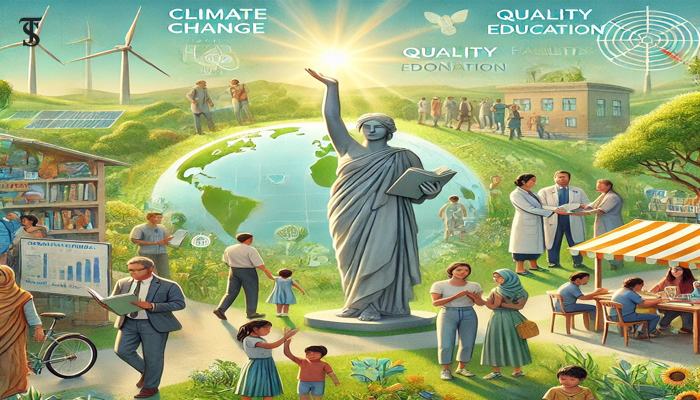
National security now extends beyond military defense to include human security, emphasizing socio-economic stability, environmental sustainability, and citizen welfare. Addressing internal threats like poverty, inequality, and social unrest is essential for maintaining national integrity. Human security ensures social cohesion, economic prosperity, and global cooperation for sustainable peace and security.
Rules Without Rights: The Paradox of Governance in Gilgit Baltistan
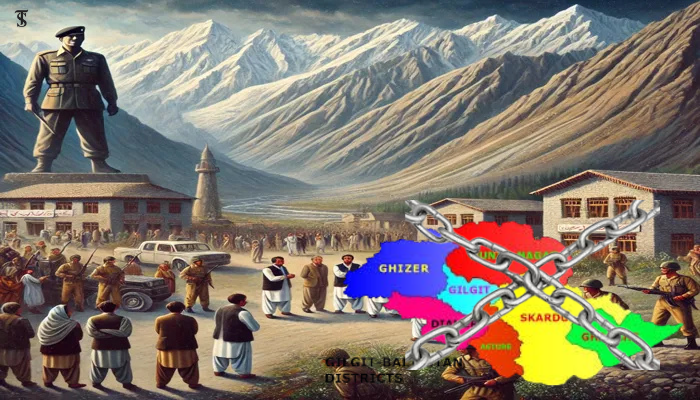
The people of Gilgit Baltistan have long faced draconian laws like the Frontier Crime Regulation (FCR) and the Anti-Terrorism Act (ATA), which suppress political rights and silence dissent. These laws, often ambiguous, foster regional opposition and mirror the state’s disregard for local autonomy and prosperity.
Understanding the Vulnerability of Women and Climate Change

The vulnerability of women to climate change is exacerbated by gender inequality, as seen in agriculture, health, and domestic roles. Women, especially in developing countries, bear a disproportionate burden due to economic and social constraints. Empowering women through education, leadership, and global action, as seen in efforts like the Paris Agreement and grassroots movements, is crucial to addressing both gender inequality and climate change effectively.
Soft Power in the Foreign Policy of Pakistan: Challenges and Remedies

Pakistan has historically prioritized traditional power due to regional security threats, neglecting soft power. To counter negative perceptions, it must harness its cultural heritage, promote public diplomacy, and invest in education and skilled labor. Strengthening soft power can enhance Pakistan’s international reputation and support its foreign policy objectives.
Sacrifices for Freedom: PMAP Heroes under Zia’s Oppression
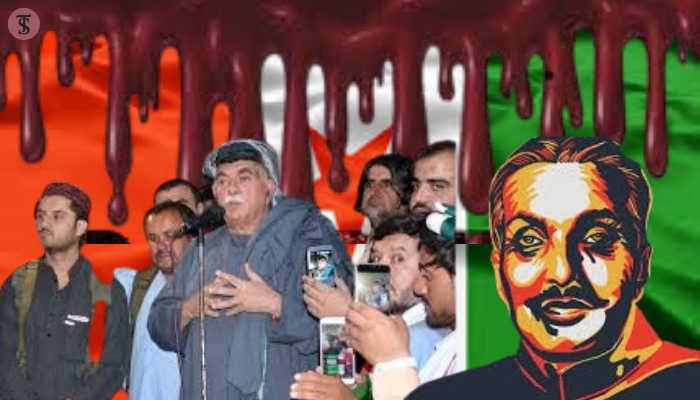
On October 7th, 1983, Mehmood Khan Achakzai led a peaceful protest in Quetta against General Zia-ul-Haq’s martial law. The demonstration turned tragic when security forces opened fire, killing four PMAP workers and injuring many others. Despite brutal repression, the fight for democracy persisted, marking a pivotal moment in Pakistan’s history.
The Waste Land: Eliot’s Masterpiece of Modern Despair
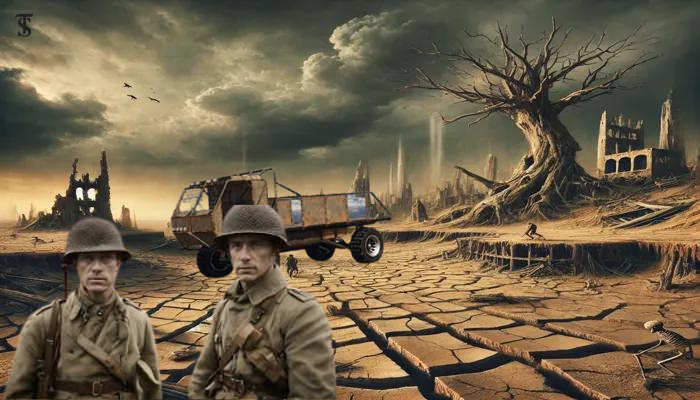
T.S. Eliot’s “The Waste Land” reflects the post-World War I generation’s disillusionment and spiritual decay. Blending various literary traditions and historical references, it explores themes of fragmentation, societal collapse, and spiritual decline. Despite despair, the poem hints at hope through spiritual rebirth, advocating a return to morality.
Social Media and Social Polarization

Social media platforms, initially designed to foster connection, have instead fueled division and polarization. Misrepresentation of information, online echo chambers, and exaggerated media coverage amplify societal tensions. Users, often lacking critical thinking, engage in baseless debates, conspiracy theories, and cyberbullying. Experts recommend reducing screen time and avoiding negative content to curb these harmful effects and foster healthier online environments.
Increasing Youth’s Frustration in Baluchistan
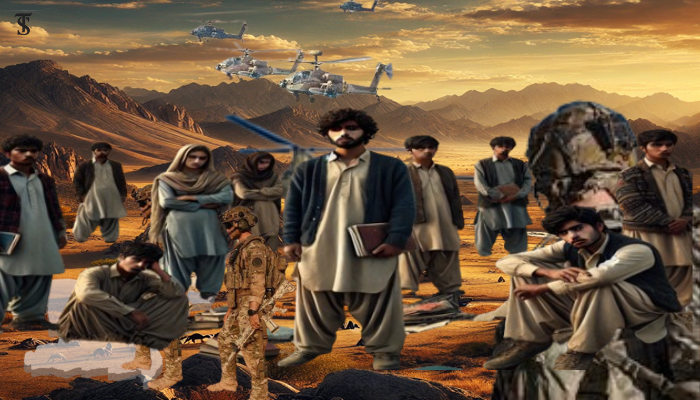
The youth of Baluchistan face immense challenges, including poor education, unemployment, sectarianism, and lack of basic facilities. Their frustration is compounded by inadequate infrastructure, outdated curricula, and insufficient opportunities. To prevent their potential from being wasted, the government must invest in education, infrastructure, mental well-being, career counseling, and cultural engagement to ensure a more hopeful future for the province.
Status of Climate Change Adaptation in Asia and the Pacific
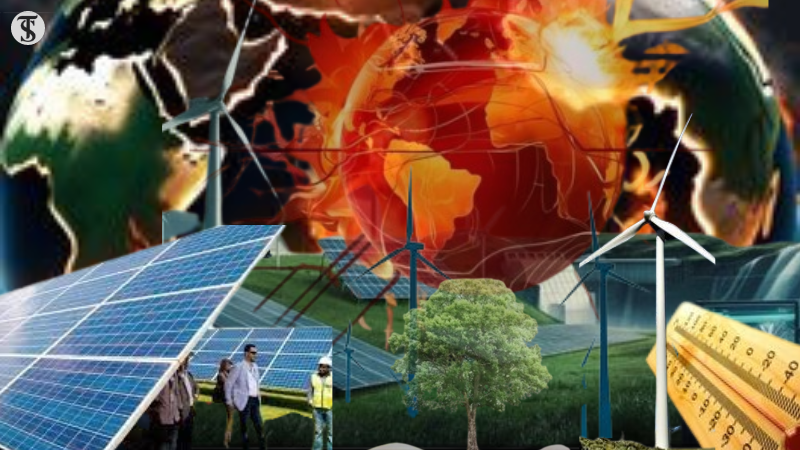
“Status of Climate Change Adaptation in Asia and the Pacific” evaluates climate adaptation strategies in Asia-Pacific regions, focusing on agriculture, ecosystems, and socio-economic diversity. It emphasizes the need for stronger adaptive measures, international cooperation, and urgent climate action to mitigate extreme weather and environmental degradation impacts.
Bacha Khan: A misunderstood leader

The man of interminable struggle, incarcerated thirty seven years-the prime times of his life behind the bars with the charge of establishing one of the biggest non-violent movements in the world’s history is still perceived traitor and rebellious to his adversaries